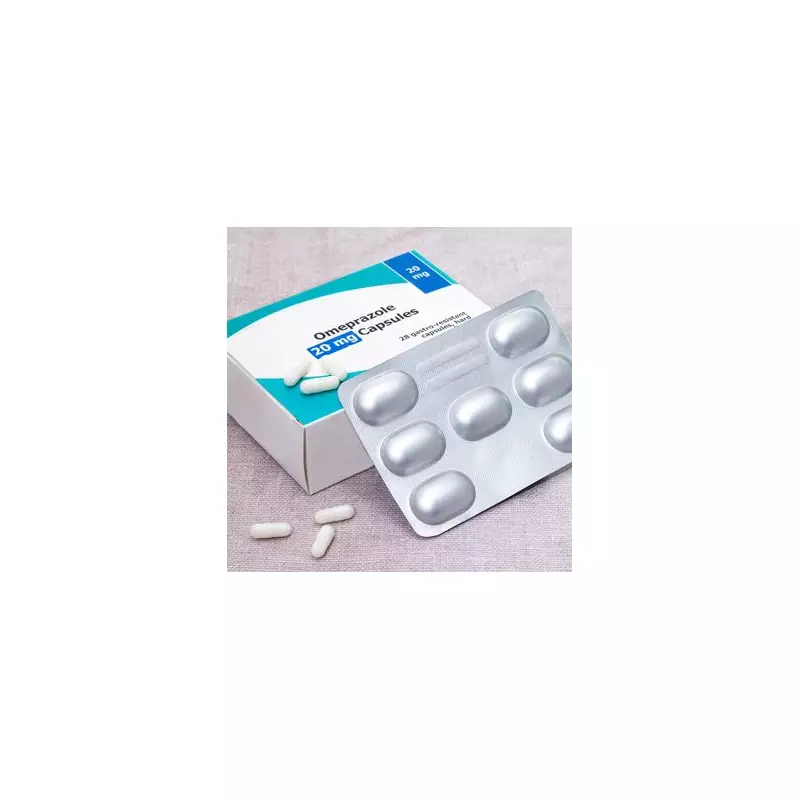
Millions of Britons relying on omeprazole for heartburn relief could be putting their health at risk without even knowing it. This widely-used medication, available both on prescription and over-the-counter, carries several important warnings that every user should be aware of.
The Hidden Dangers in Your Medicine Cabinet
Omeprazole belongs to a class of drugs called proton pump inhibitors (PPIs) that work by reducing stomach acid production. While effective for treating acid reflux, GERD, and stomach ulcers, long-term use comes with significant concerns that many patients remain unaware of.
1. The Bone Fracture Risk You Can't Ignore
One of the most concerning findings involves your skeletal health. Research indicates that prolonged high-dose omeprazole use can significantly increase the risk of fractures, particularly in the hip, wrist, and spine. The medication appears to interfere with calcium absorption, potentially weakening bones over time.
2. Vitamin Deficiency Timebomb
Your stomach acid plays a crucial role in nutrient absorption, and suppressing it can have unintended consequences. Regular omeprazole users may develop deficiencies in vitamin B12 and magnesium, leading to symptoms like fatigue, nerve problems, and muscle cramps that often go misdiagnosed.
3. The Gut Infection Concern
Stomach acid serves as your body's first line of defence against harmful bacteria. By reducing acid production, omeprazole may increase susceptibility to gastrointestinal infections like Clostridium difficile and campylobacter, which can cause severe diarrhoea and require hospital treatment.
4. Kidney Complications Warning
Emerging research has raised red flags about potential kidney damage associated with long-term PPI use. Studies suggest increased risks of chronic kidney disease and other renal problems, though researchers are still investigating the exact mechanisms behind this connection.
What This Means for UK Patients
Medical experts emphasise that these risks primarily affect people taking omeprazole for extended periods, particularly at higher doses. The NHS recommends using the lowest effective dose for the shortest possible duration.
If you're concerned about your omeprazole use:
- Never stop taking prescribed medication without consulting your GP
- Discuss the risks and benefits with your doctor or pharmacist
- Explore lifestyle changes that might reduce your reliance on medication
- Attend regular reviews if you've been taking omeprazole long-term
Many patients find relief through dietary modifications, weight management, and avoiding trigger foods, potentially reducing or eliminating their need for acid-suppressing medications.
The key takeaway? While omeprazole remains an important treatment for many, informed patients make healthier decisions. Understanding these potential risks ensures you can work with your healthcare provider to find the safest, most effective approach to managing your digestive health.





